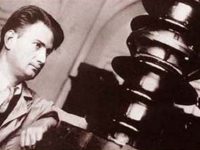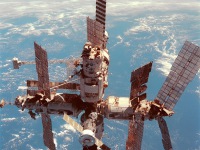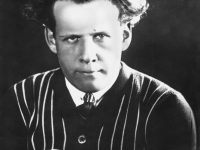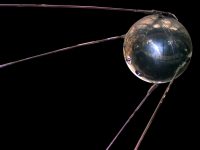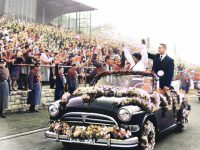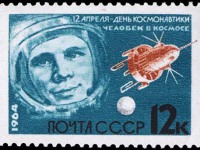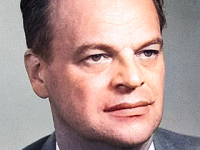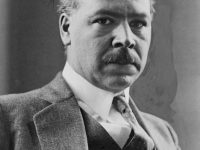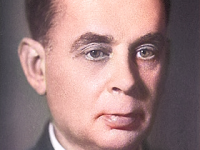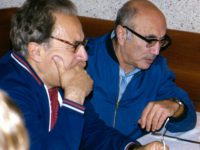Igor Kurchatov – Father of the Soviet Atomic Bomb
On January 12, 1903, Soviet nuclear physicist and Nobel Laureate Igor Vasilyevich Kurchatov was born. Kurchatov is widely known as the director of the Soviet atomic bomb project and therefore often referred to as ‘Father of the Soviet Atomic Bomb‘. Igor Kurchatov – Youth and Education Igor Kurchatov was born in Simsky Zavod, Ufa Governorate (now the town of Sim, Chelyabinsk Oblast) in the family of a chartered surveyor and his mother a teacher.…
Read more

